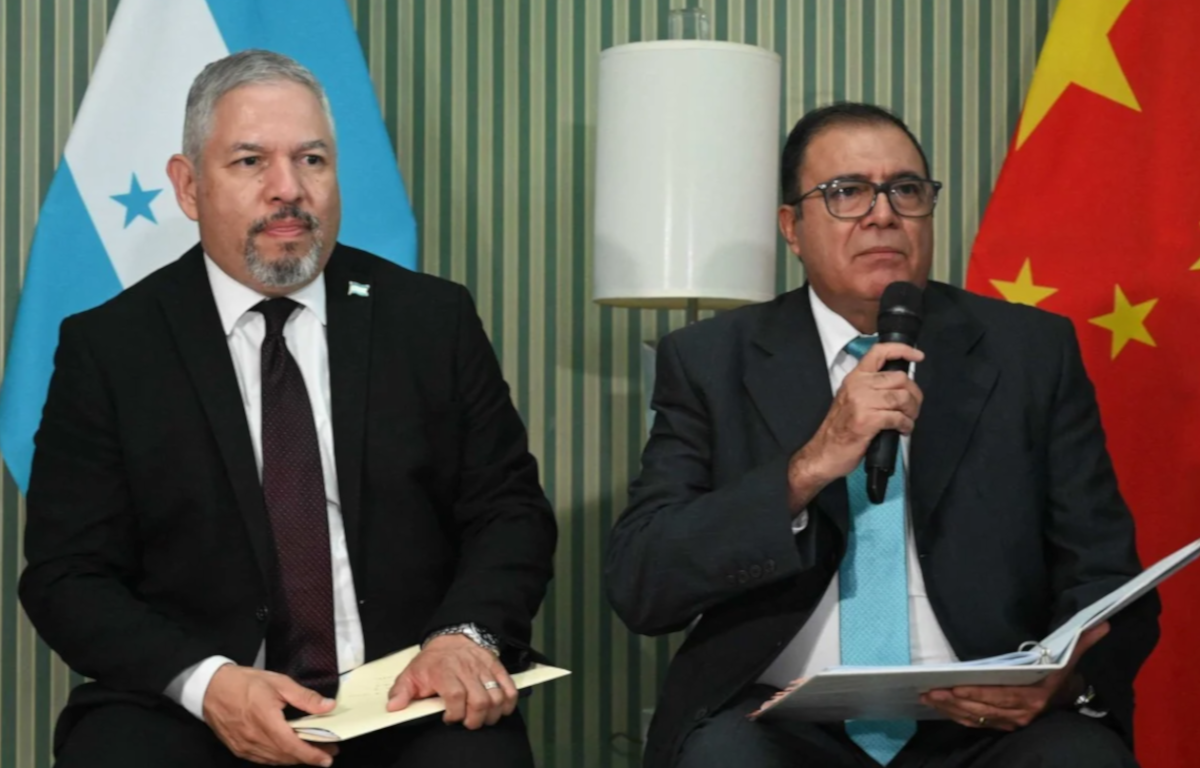
The Transcontinental Transport Corridor was officially introduced during the G20 Summit in a prominent Middle Eastern city. This initiative is the result of collaborative efforts between several G20 member nations, with India taking a leading role. The project has garnered extensive support from participating countries and serves as a testament to the power of international cooperation in addressing global challenges.
This corridor’s defining feature is its multi-modal approach, encompassing roadways, railways, shipping routes, and air links. It connects India’s western ports to key Middle Eastern ports and extends further into Europe. This extensive geographic coverage ensures efficient movement of goods and people over vast distances. The project entails significant infrastructure development, including the construction and upgrade of highways, railways, seaports, and airports, stimulating economic growth and employment opportunities. Enhanced connectivity reduces transportation costs, transit times, and logistical complexities, benefiting cross-border trade and economic cooperation. The project also emphasizes sustainability, with eco-friendly technologies and reduced carbon emissions at its core.
The Transcontinental Transport Corridor holds immense potential for participating countries and the global community. It serves as a catalyst for economic growth by stimulating trade, investment, and economic development. Furthermore, improved connectivity enhances energy security, fosters regional stability through economic cooperation, and influences global trade patterns. Diplomatically, the project promotes peaceful relations and cooperation among nations, enhancing global geopolitics.
While the project is promising, it faces several challenges. Financing the required infrastructure is a significant hurdle, demanding innovative funding models and equitable cost distribution. Geopolitically, the corridor traverses regions with complex dynamics, necessitating diplomatic negotiations and cooperation. Balancing development with environmental concerns is crucial to mitigate the project’s impact, and securing the corridor against potential threats, including piracy and terrorism, is paramount for its successful operation.
The Transcontinental Transport Corridor unveiled at the G20 Summit signifies a significant step toward fostering connectivity and cooperation between India, the Middle East, and Europe. This transformative initiative has the potential to reshape trade, stimulate economic growth, and nurture diplomatic relations across regions. Its complexity is mirrored by the challenges it presents, underscoring the need for unwavering commitment and collaboration among participating nations. As plans for the corridor evolve, the world watches with anticipation, eager to witness the profound impact this initiative will have on global dynamics in the coming years.










Share this: